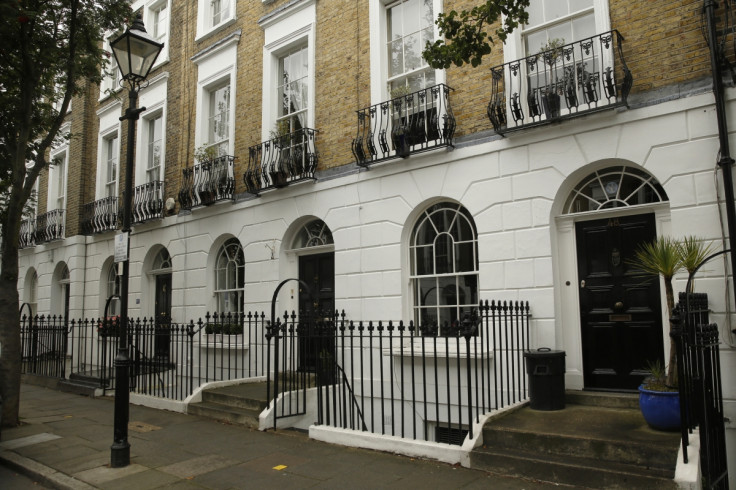M&G Investments to resume trading in its property portfolio starting 4 November
Standard Life too lifted a similar temporary suspension last month.

M&G Investments announced on Friday (21 October) that it has decided to resume trading in its property funds. The London-based investment manager will allow investors to trade in the "shares of the M&G Property Portfolio and its feeder fund, the M&G Feeder of Property Portfolio", starting 4 November.
The company, which is part of British insurance giant Prudential, had on 5 July placed a temporary suspension on trading in these funds as it had then registered a substantial increase in the number of customers pulling out of the fund, following the Brexit vote.
The UK's decision to leave the European Union had created a lot of uncertainty which in turn had spurred fears of a sharp drop in property prices. This had then led other investment managers such as Standard Life and Aviva to also temporarily suspend trading in similar schemes.
M&G said the latest decision to resume trading was taken after seeing a return in confidence level amongst investors. "As confidence returns to the market, 58 properties have been sold, exchanged or placed under offer for a total of £718m [$878.19m]," it added.
M&G is not the first to resume trading. Standard Life announced last month that it was also lifting its temporary suspension.
William Nott, chief executive of M&G Securities, said in a statement: "Suspending the fund wasn't a decision we took lightly, but we felt it was the only way to protect the interests of investors in what were very unusual circumstances in the aftermath of the referendum.
"Suspension created an environment more akin to normal conditions, allowing us time to choose the most appropriate assets to sell at the right price in order to preserve the integrity and future of the fund. As such, the fund manager has kept higher quality assets while reducing the exposure to assets deemed riskier than their prime counterparts, putting the portfolio in a good position for any further volatility that may be experienced in the lead up to Brexit."
© Copyright IBTimes 2025. All rights reserved.





















